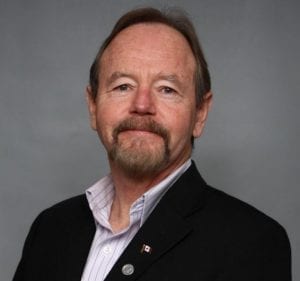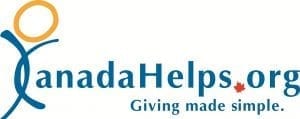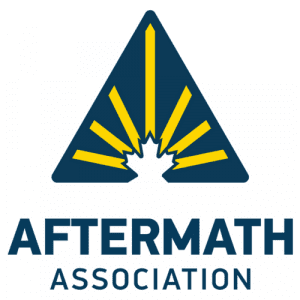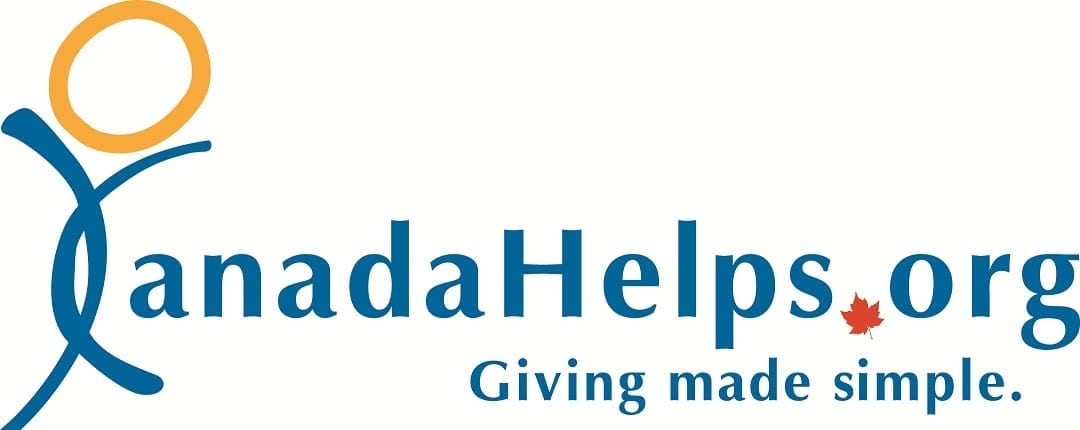 Dr. John Whelan is a registered Psychologist and Director of Assessment-Treatment Services for Whelan Psychological Services. He is a clinician, researcher, and program administrator, and he sits on Camp Aftermath’s Advisory Committee. Dr. Whelan will be traveling to Costa Rica for our Orientation Trip along with a group of military veterans, Aftermath Board of Directors members, volunteers and supporters. In an interview with Camp Aftermath, Dr. Whelan shares his expectations for the Orientation Trip and the future first rotation (Roto0) of Camp Aftermath participants:
Dr. John Whelan is a registered Psychologist and Director of Assessment-Treatment Services for Whelan Psychological Services. He is a clinician, researcher, and program administrator, and he sits on Camp Aftermath’s Advisory Committee. Dr. Whelan will be traveling to Costa Rica for our Orientation Trip along with a group of military veterans, Aftermath Board of Directors members, volunteers and supporters. In an interview with Camp Aftermath, Dr. Whelan shares his expectations for the Orientation Trip and the future first rotation (Roto0) of Camp Aftermath participants:
Camp Aftermath: Why did you agree to travel with the Aftermath members and volunteers to Costa Rica for our Orientation Trip?
Dr. John Whelan: I have worked as a psychologist treating military, veterans, and first responders for the past 25 years. I have seen first-hand the benefits and the limits of individual therapies and medications. When Farid approached me about this initiative to bring together veterans diagnosed with operational stress injuries, as a group therapist, I was excited about the possibilities.
Despite professional help, many veterans remain isolated, focused on symptoms, and struggling with the loss of who they were in uniform. Many are preoccupied with a personal sense of failure as soldiers, as competent men and women, and as partners and parents. My work continues to focus on group-based therapies and other interventions aimed at connecting veterans in communities of recovery.
Camp Aftermath fits with my philosophy of connecting veterans with each other and with their larger communities. Moving beyond militarism and ego interests to focus on qualities like humility, genuine connectedness, and compassion and care for other people offers the possibility of truly coming home from war.
CA: What are you hoping to get out of the trip?
DJW: My overall goal for this trip is to observe and to learn from the Costa Rican people their ways of understanding and coming to terms with disaster and loss. My immediate goal is to interact with the veterans and volunteers and gauge their reactions in an environment away from their familiar surroundings and activities in Canada.
CA: What would be your ideal outcome after spending 5 days experiencing the mock Camp Aftermath itinerary with the CA volunteers?
DJW: An ideal outcome would be that these veterans come together as a connected group, which means developing genuine trust with each other, speaking candidly about their military careers, and moving beyond a focus on their symptoms and shortcomings.
I would hope to see them demonstrate a capacity to move beyond themselves and their individual needs to focus on the lives, struggles, and hopes of people around them. I would want to learn something from this culture that can help us better understand trauma in Canada.
CA: Can you talk a bit about the importance of one’s sense of purpose and how you will gauge what Camp Aftermath offers for military veterans and first responders suffering from PTSD?
DJW: In the military, we come to view purpose in terms of things like self-pride, single-mindedness and dogged determination to get things done. Purpose often hinges on ego interests and competition to be the best which leaves very little room for true emotional connection to other people.
The men and women diagnosed with military operational stress injuries and PTSD often see the world through a loss of pride and stature that was taken from them, setting the stage for disengagement and discouragement.
Volunteerism and focussing on the needs of others in a spirit of cooperation and giving offers the possibility of teaching them humility. Offering veterans tangible opportunities to assist other people can help them to re-develop confidence and help them to reconnect with other people in something larger than themselves.
CA: Why are these types of experiences so important for people suffering from PTSD?
DJW: The most common outcomes of chronic trauma reactions are a disconnection from others and emotional avoidance. I believe that we must also acknowledge that emotional disconnection from others is learned during militaristic mental conditioning – it often predates any operational mental injury.
Connecting with other people through volunteerism can move them beyond self-absorption and preoccupation with wounded pride. A genuine connection with other people and moving beyond the loss of what was may be the only way of truly recovering from trauma. For other veterans, assisting those in need may serve practical ways to redeem themselves from instances where they either had no choice but to harm others or instances where they could not help in ways that were consistent with their values. Volunteerism and giving to others in a spirit of humility offers the hope of becoming part of society.
How you can help
There are currently many amazing programs that focus on helping veterans and first responders suffering from PTSD. If you believe in our cause, please help us make Roto 0, our first retreat, a success and consider donating to our campaign on Canada Helps.
We are a registered charity with Canada Revenue Agency. For more information, please visit our status page on the Canada Revenue Agency website.
Thank you,


